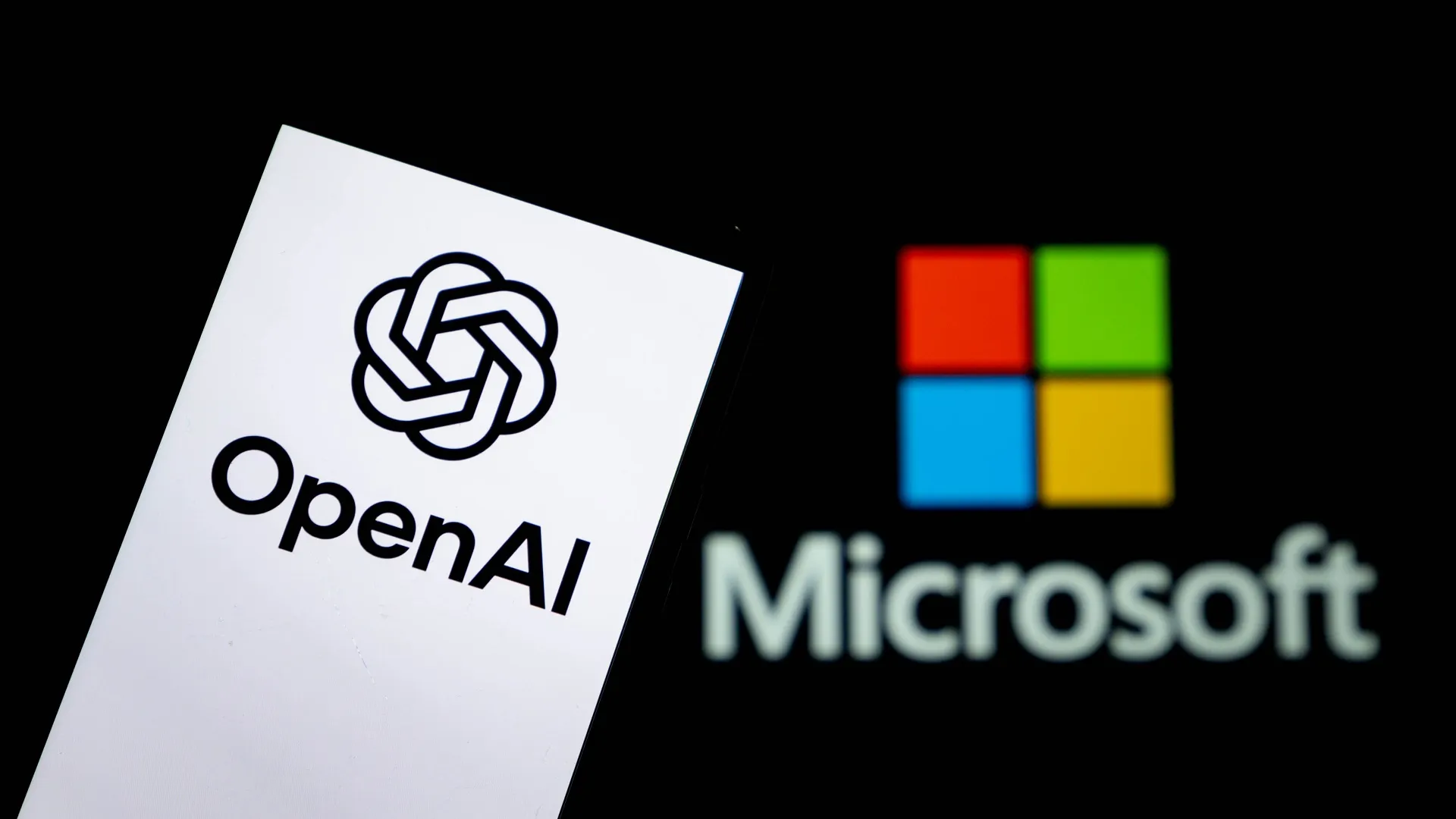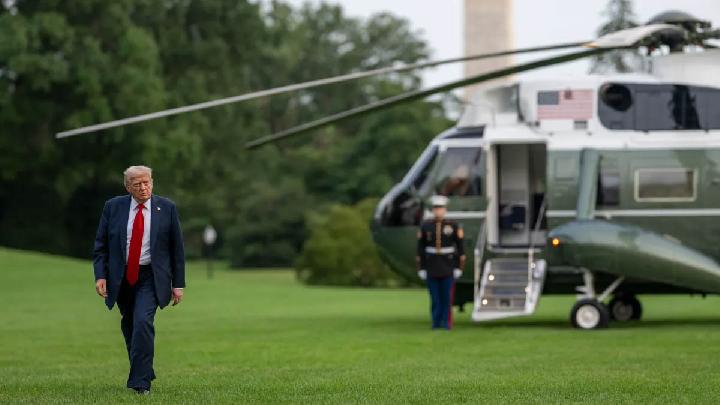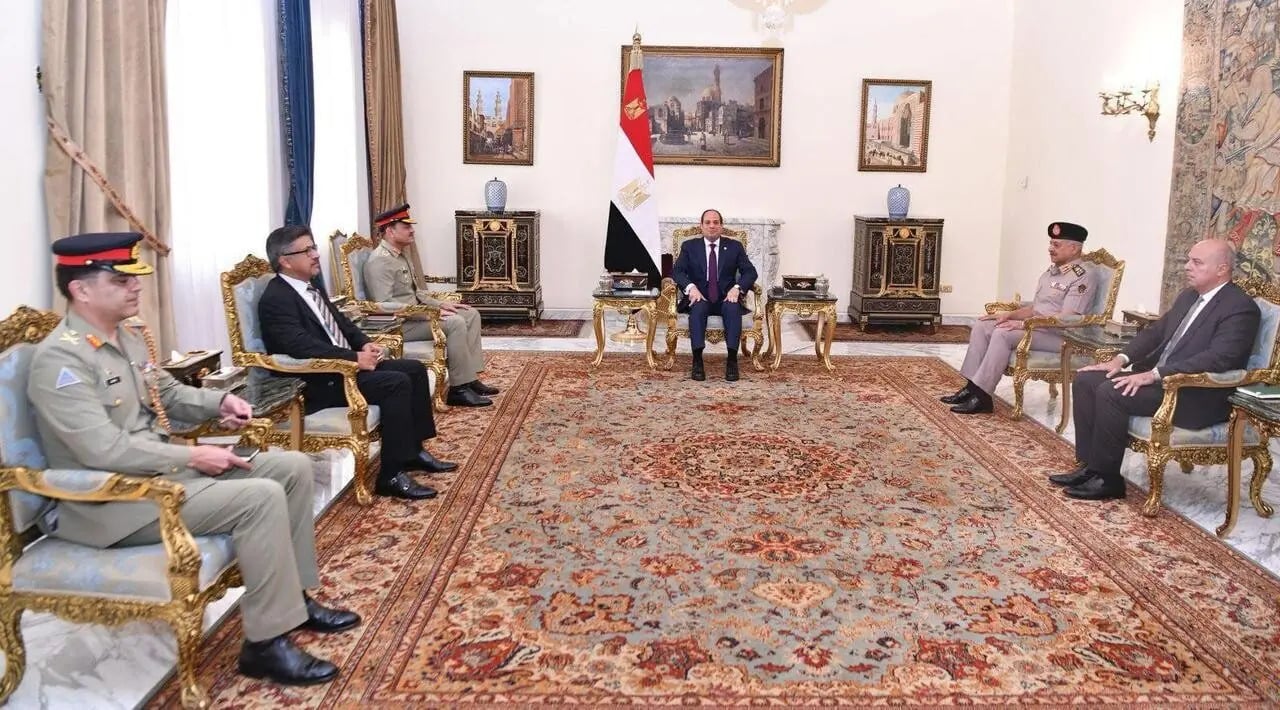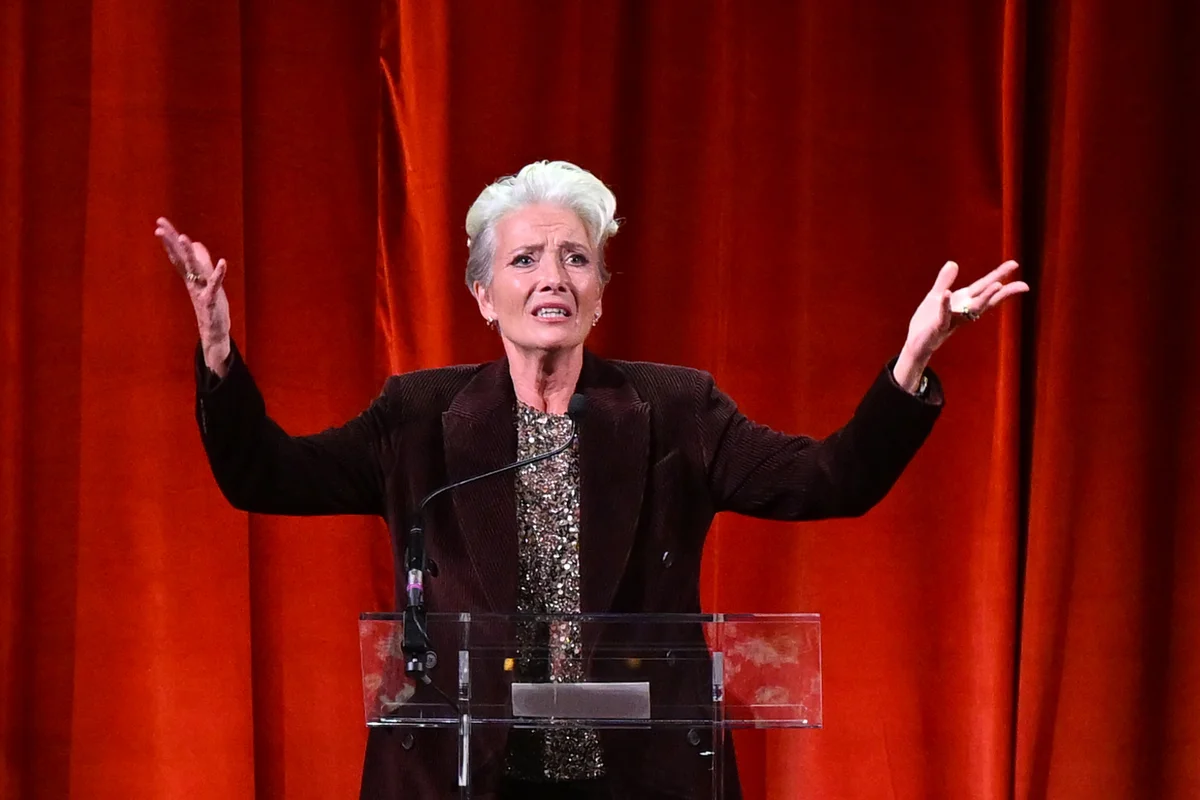Copyright Interesting Engineering

Microsoft and OpenAI have reached a landmark agreement that values the ChatGPT maker at $500 billion, marking a major restructuring of their long-standing partnership and reshaping how the two companies will collaborate on the next phase of artificial intelligence. The deal allows OpenAI to reorganize itself into a public benefit corporation (PBC),a hybrid model designed to balance profit with public interest. It also removes the restrictions that had limited OpenAI’s ability to raise capital independently since the two companies first joined forces in 2019. The restructured partnership gives OpenAI more operational freedom while securing Microsoft’s position as a core AI partner. Microsoft now holds a 27 percent stake worth $135 billion in OpenAI Group PBC, which will remain under the control of the nonprofit OpenAI Foundation. The tech giant has invested $13.8 billion in OpenAI so far, earning a nearly tenfold return. CEO Sam Altman will not receive equity in the restructured company, an OpenAI spokesperson said, ending speculation from last year that he would. The company also has no immediate plans for a public offering. Redefining AI partnership The deal cements one of the most valuable collaborations in the tech world and sets new terms for how Microsoft and OpenAI will share intellectual property and responsibilities as they advance toward artificial general intelligence (AGI), the stage when AI systems can match a well-educated human adult. The agreement preserves key elements of their relationship: OpenAI remains Microsoft’s “frontier model partner”, and Microsoft continues to hold exclusive IP rights and Azure API exclusivity until AGI is achieved. However, a new independent expert panel will now verify any declaration that AGI has been reached. Microsoft’s IP rights for AI models and products are extended through 2032, covering even post-AGI models under defined safety guardrails. The company can also now pursue AGI independently or with other partners, a shift that allows both firms more flexibility. “OpenAI has completed its recapitalization, simplifying its corporate structure,” said Bret Taylor, chair of the OpenAI Foundation board, in a statement. “The nonprofit remains in control of the for-profit, and now has a direct path to major resources before AGI arrives.” Expanding cloud commitments The new agreement also extends Microsoft’s massive role in powering OpenAI’s systems. OpenAI has committed to purchasing $250 billion in additional Azure cloud computing services, one of the largest cloud deals ever signed. In return, Microsoft will no longer have the right of first refusal to be OpenAI’s compute provider, allowing OpenAI to work with other cloud platforms for specific projects. The updated terms also enable OpenAI to collaborate with third parties to develop new products. API-based products created through such partnerships will still remain exclusive to Azure, while non-API offerings can be hosted on any cloud. Microsoft’s IP rights now exclude OpenAI’s consumer hardware, a notable change following OpenAI’s recent $6.5 billion acquisition of Jony Ive’s startup io Products, signaling potential moves into AI-driven devices. “Overall, this structure should provide a clearer path forward for innovation and accountability,” said Adam Sarhan, CEO of 50 Park Investments. Gil Luria, head of technology research at DA Davidson, added that the deal “resolves the longstanding issue of OpenAI being organized as a not-for-profit and settles the ownership rights of the technology vis-à-vis Microsoft.” With over 700 million weekly ChatGPT users and a soaring demand for compute, the partnership realignment gives both companies the structure and scale to navigate the next frontier of AI development, balancing innovation, ethics, and competition as they edge closer to AGI.



